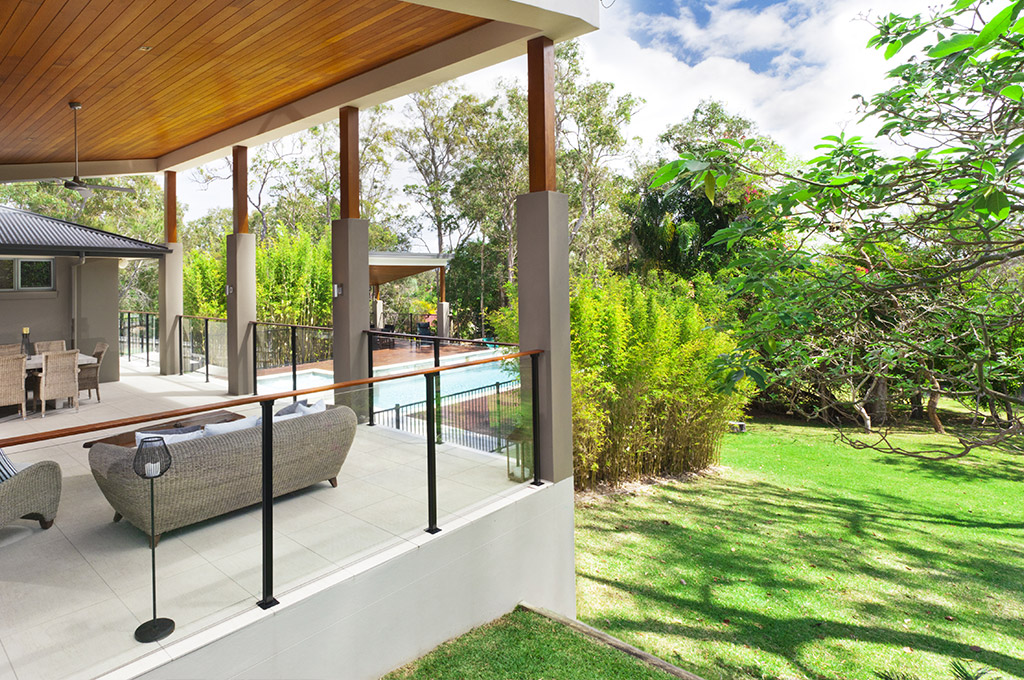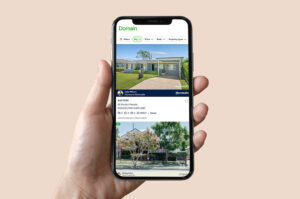If you’re looking to buy a property in NSW, you’ve probably heard of stamp duty or transfer duty.
Stamp duty is an amount paid by the buyer to the state government when purchasing a property. The amount of stamp duty a buyer needs to pay depends on the purchase price and differs in every state across Australia. In NSW, based on an $800,000 property, a buyer should budget around $30,735.
When does a buyer pay stamp duty on a property?
Stamp duty is due on the day of settlement or within three months of exchanging a contract for sale, whichever is sooner.
For example, if a buyer purchases a property with a delayed settlement of 5 months, the buyer would be required to pay stamp duty within 3 months of exchange. If the buyer settles on the property in 4 weeks, that is when stamp duty would be due.
What about buying a property off-the-plan?
If you are buying a residential property to live in, off the plan, then stamp duty will not be due for 15 months after exchange.
The 15-month benefit does not apply to:
- Blocks of land that are purchased off-the-plan. Stamp duty is due for land within the normal 3-month period from exchange.
- Property purchased for investment. Stamp duty, again, is due within 3 months after exchange.
Other requirements to defer off the plan stamp duty include:
- At least one purchaser or transferee must move into the home within 12 months after settlement, and
- live in the property as your principal place of residence for at least 12 continuous months.
How is stamp duty calculated in NSW?
Your solicitor or conveyancer will calculate stamp duty and advise you how much you will need to have available at settlement.
If you think you are eligible for a government grant, it is worth checking the Revenue NSW (formally known as The NSW Office of State Revenue) website. They will determine which grants you qualify for. Once you know what you qualify for, let your conveyancer know. They may require some proof from you so they can forward the information to Revenue NSW on your behalf.
When purchasing a property, you must make sure you have enough funds available for the conveyancer or solicitor to pay the stamp duty. This will all be discussed with you before settlement. If you borrow money from a bank or through a lender, check with them that enough money is available for stamp duty.
Stamp duty calculator
You can calculate the amount using the NSW Office of State Revenue calculator.
Stamp duty is based on the property’s sale price or its current market value, whichever is higher.
- Revenue NSW charge a standard transfer duty rate, as well as a premium duty rate for residential properties worth more than $3 million.
- Each year the threshold amounts for standard transfer duty and premium duty rates are adjusted in line with movements in the Consumer Price Index (CPI).
- The threshold amounts, grants and qualification rules change regularly. Before buying a property, always check rules and conditions for stamp duty online or check with your conveyancer.
- If the buyer and seller are related or associated, or you’re not transferring the whole property, the property must be valued by a suitably qualified person.
If you are buying a residential property in NSW, use the residential property buyer tool to find out the taxes and duties you may need to pay, as well as the exemptions and grants that you are entitled to receive.
Do you pay stamp duty when you sell a house?
In NSW, only buyers have to pay stamp duty on the sale of a property. However, there may be other taxes you’ll need to pay, particularly if you’re selling an investment property.
Do you need to pay stamp duty when transferring property to spouse?
No transfer duty is payable where a transfer of residential land is between a married couple or de facto partners and the property being transferred is either: the family home (principal place of residence) vacant land, intended to be used as the site of the family home.
If the family home is also used for other purposes, the exemption will only apply to the residential part of the home. However, the use of up to one room for a non-residential purpose is not considered if the use relates to a business or undertaking that is primarily conducted elsewhere.
For example, if you usually work in an office but, on occasion, use your study to work from home, the exemption would still apply.
Do you need to pay stamp duty when buying off a family member?
Yes, you do need to pay stamp duty. It is treated the same as if you were buying a house from someone you didn’t know.
If you are buying off a family member, Revenue NSW requires that you supply your conveyancer with a valuation from a valuer, not a real estate agent.






